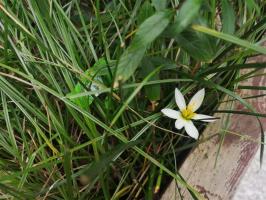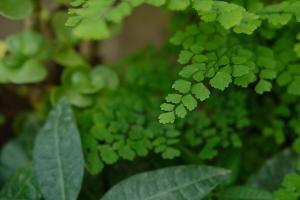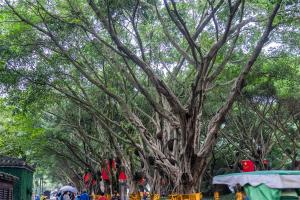Introduction
When it comes to decorating our gardens or landscapes, ornamental pear trees are a popular choice due to their beautiful shape, foliage, and blooms. However, planting them properly is crucial for their growth and survival.
Choosing the Right Space
The first step in planting ornamental pear trees is to choose the right space in your garden or landscape. These trees require plenty of sunlight, as well as well-drained, fertile soil with a pH level between 6.0 and 7.0. They also need enough space to grow and flourish without being overcrowded by other plants, structures, or neighboring trees.
Planting Distance
The distance between ornamental pear trees depends on the variety, size, and growth habit of the tree, as well as the desired effect and purpose of your planting scheme. As a general rule, most ornamental pear trees can be planted 15 to 20 feet apart, although some may require more or less spacing.
Dwarf and Columnar Varieties
If you're planting dwarf or columnar varieties of ornamental pear trees, you may be able to space them closer together, such as 10 to 15 feet. These trees have a smaller size and narrower shape, making them ideal for smaller gardens, borders, or areas where space is limited.
Standard Varieties
For standard varieties of ornamental pear trees, you will need to space them farther apart, such as 20 to 30 feet. These trees have a wider canopy and larger size, making them suitable for larger gardens, parks, or open spaces where they can grow and spread without being cramped.
Privacy Screens and Windbreaks
If you're using ornamental pear trees as a privacy screen or windbreak, you may want to plant them closer together, such as 8 to 10 feet apart. This will create a fuller, denser hedge that can block out noise, wind, and unwanted views.
Maintenance and Care
Once you've planted your ornamental pear trees, you will need to take care of them to ensure their health and longevity. This includes watering them regularly, pruning them annually to maintain their shape and size, and fertilizing them with a balanced fertilizer in early spring.
Conclusion
Planting ornamental pear trees can add beauty and value to your garden or landscape, but it's essential to space them properly to ensure their growth and survival. Consider the variety, size, and purpose of your planting scheme, and follow these guidelines to create a stunning and thriving display of these beautiful trees.

 how many times do yo...
how many times do yo... how many planted tre...
how many planted tre... how many pine trees ...
how many pine trees ... how many pecan trees...
how many pecan trees... how many plants comp...
how many plants comp... how many plants can ...
how many plants can ... how many plants and ...
how many plants and ... how many pepper plan...
how many pepper plan...































